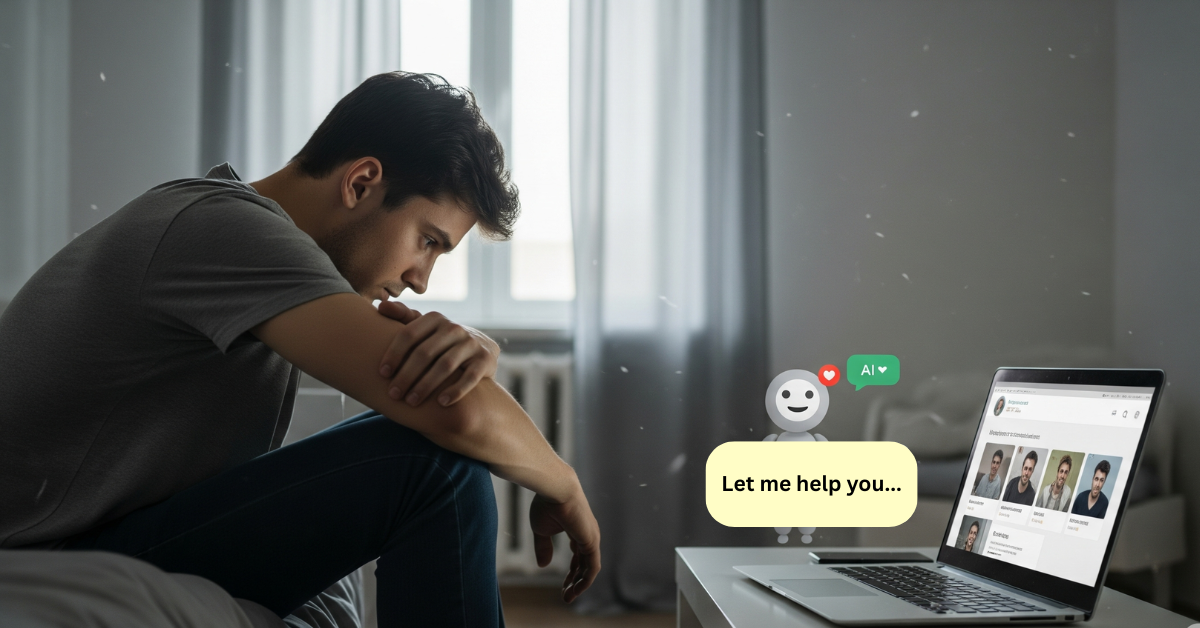A profound relational revolution is underway, not orchestrated by tech developers but driven by users themselves. Many of the 400 million weekly users of ChatGPT are seeking more than just assistance with emails or information on food safety; they are looking for emotional support.
“Therapy and companionship” have emerged as two of the most frequent applications for generative AI globally, according to the Harvard Business Review. This trend marks a significant, unplanned pivot in how people interact with technology.



I’d be interested on a study there.
I lot of therapy is taking emotions and verbalising them so that the rational part of the brain can help in dealing with things. Even a journal can help with that, so talking to an inanimate machine doesn’t seem stupid to me.
However therapists guide the conversation to challenge the patient, break reinforcing cycles, but in a way that doesn’t cause trauma. A chatbot isn’t going to be the same.